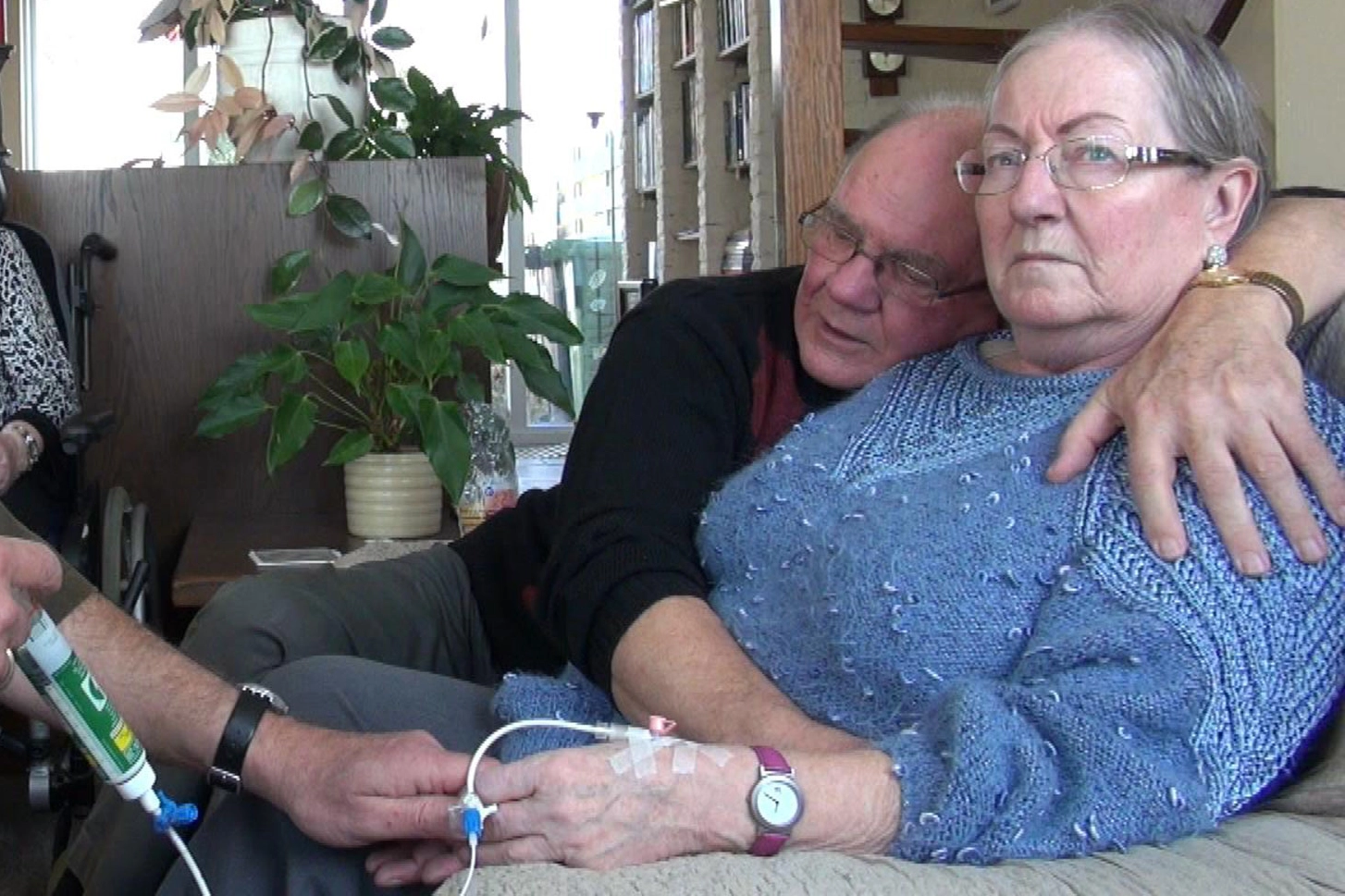The Importance and Operation of End-of-Life Clinics: An Informative Exploration

End-of-life clinics are institutions that are receiving increasing attention in social discourse. These facilities offer guidance and assistance to people making a considered choice to end their lives in a humane and dignified manner. In this article, we explore the essence of end-of-life clinics, their purpose, and the broader ethical and legal frameworks in which they operate. Careful and caring - Euthanasia Expertise Centre (expertisecentereuthanasia.co.uk)
What is an end-of-life clinic?
An end-of-life clinic is a medical institution that specialises in assisting people to end their lives in a respectful manner. The aim is to offer people who are suffering unbearably and see no prospect of improvement a dignified option to end their lives. This involves a careful and considered process, with the patient at the centre.
Target group of end-of-life clinics
End-of-life clinics cater to a diverse target group. People with a terminal illness, incurable suffering, or unbearable psychological suffering can turn to these institutions. It is important to emphasise that an informed choice and the patient's voluntary consent are at the heart of the process in end-of-life clinics. This strives for a humane approach to end of life.
Legal and ethical frameworks
The establishment and operation of end-of-life clinics are subject to strict legal and ethical frameworks. Legislation varies from country to country, but in general, criteria have been established to determine who qualifies for assisted living. In addition, careful procedures are in place to ensure that the process is transparent, ethical and voluntary.
The Importance of Good Communication
A crucial aspect of end-of-life clinics is the emphasis on good communication between healthcare providers, the patient and their loved ones. The process often begins with an in-depth conversation in which the patient can express his or her wishes and considerations. Discussing alternative options and ensuring understanding are essential steps in this delicate process.
Psychological Support
End-of-life clinics not only offer medical counselling, but also value psychological support. Patients and their loved ones are assisted in dealing with the emotional aspects of the decision to end life. Professional counselling contributes to the well-being of all involved and ensures a respectful end to life.
Criticisms and Debates
While end-of-life clinics can be a valuable option for some individuals, there are also criticisms and debates about the ethics and potential abuses of such institutions. The balance between patient autonomy and protection from abuse is an ongoing source of debate in society and legislation.
International Perspectives
End-of-life clinics exist worldwide, but their acceptance and regulation vary greatly from country to country. Some countries have comprehensive legislation and guidelines, while others are more reluctant to recognise the right to assisted life termination. Comparing international perspectives offers insight into the diversity of approaches around this sensitive topic.
Conclusion
End-of-life clinics play an important role in providing a dignified option for people facing unbearable suffering. With a strong focus on voluntary choices, careful procedures, and psychological support, these institutions seek to provide a humane environment for ending life. However, it is crucial to constantly evaluate and adapt ethical and legal frameworks to ensure that these services are provided responsibly.
Related article: Association for Voluntary End of Life: An Introduction to Dying with Humanity
